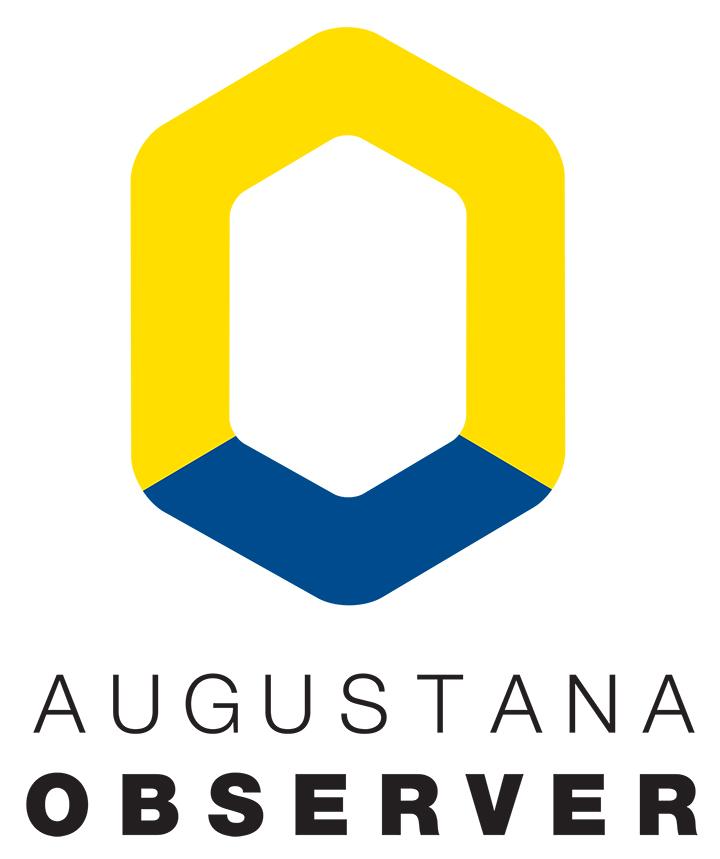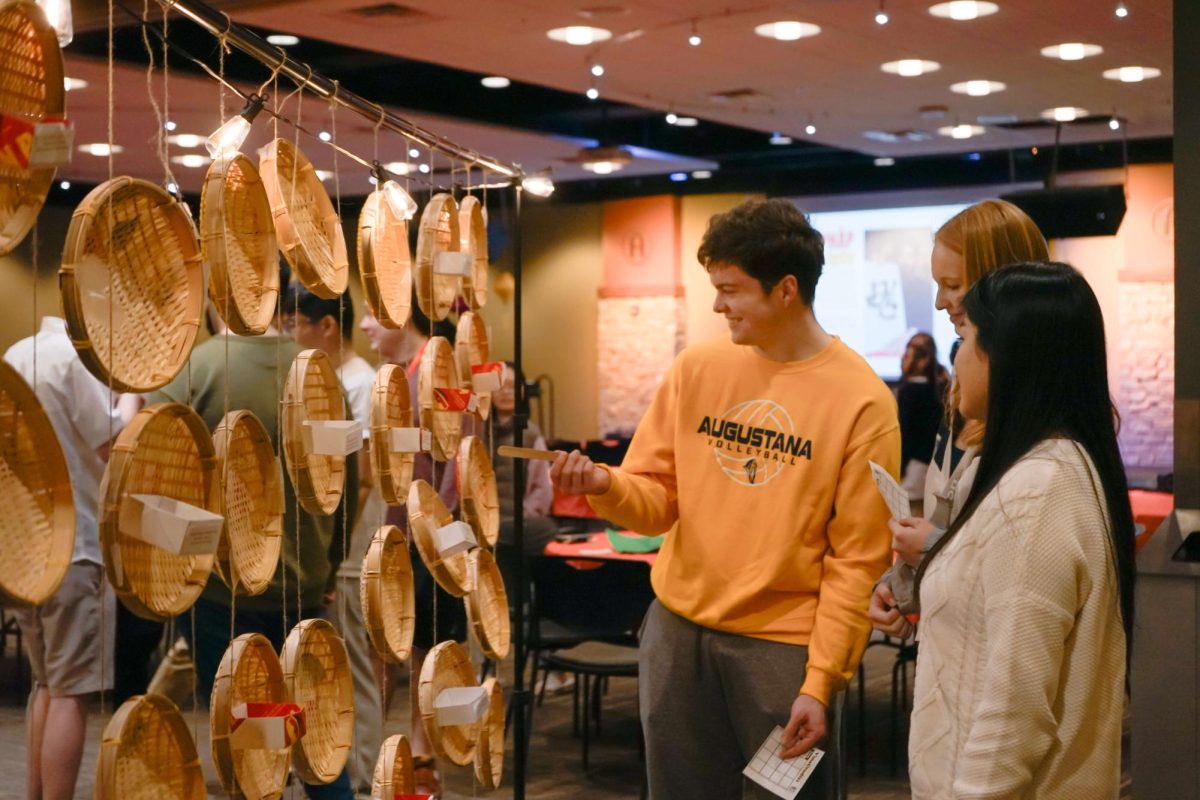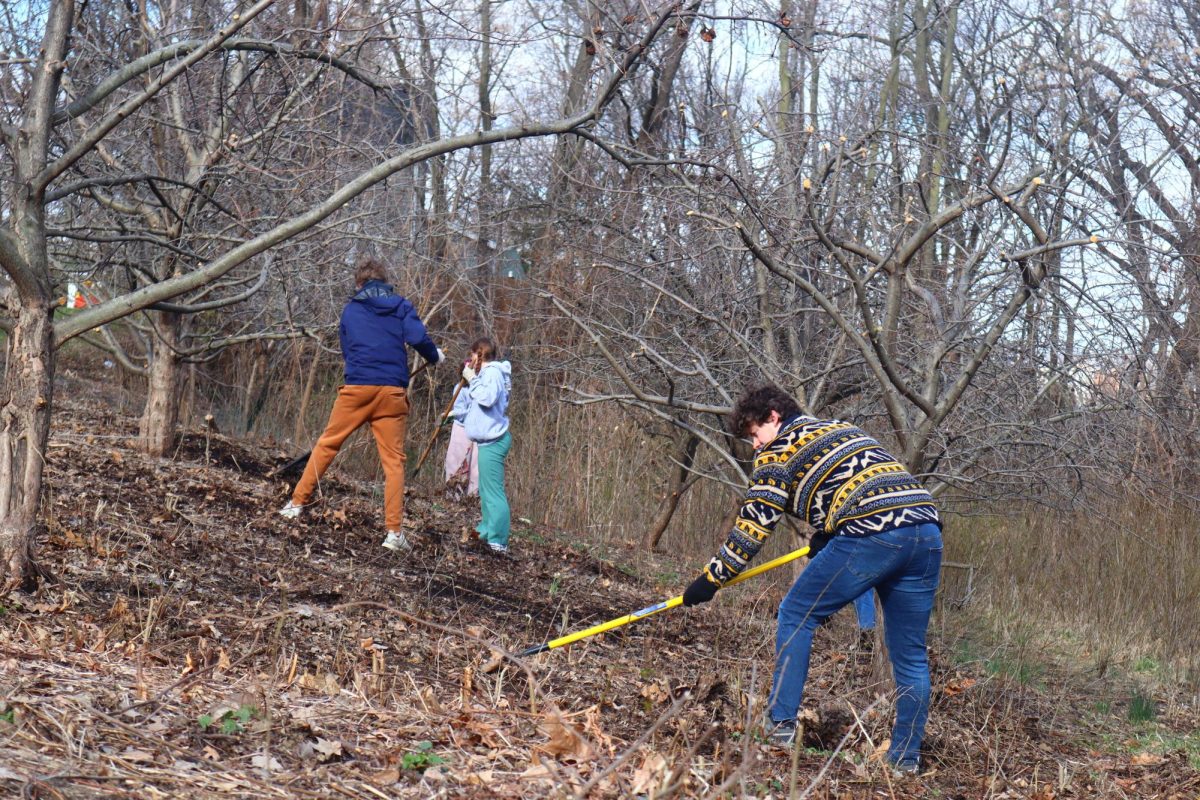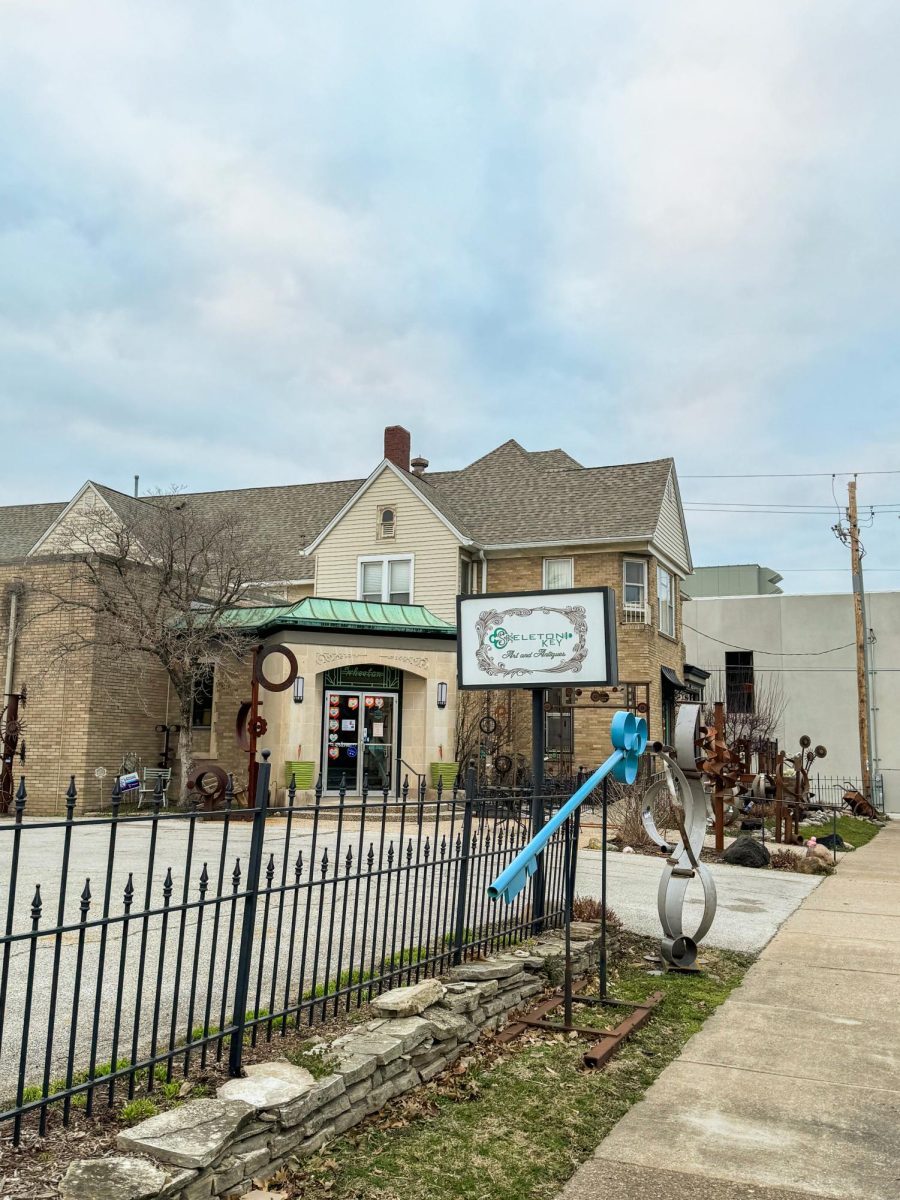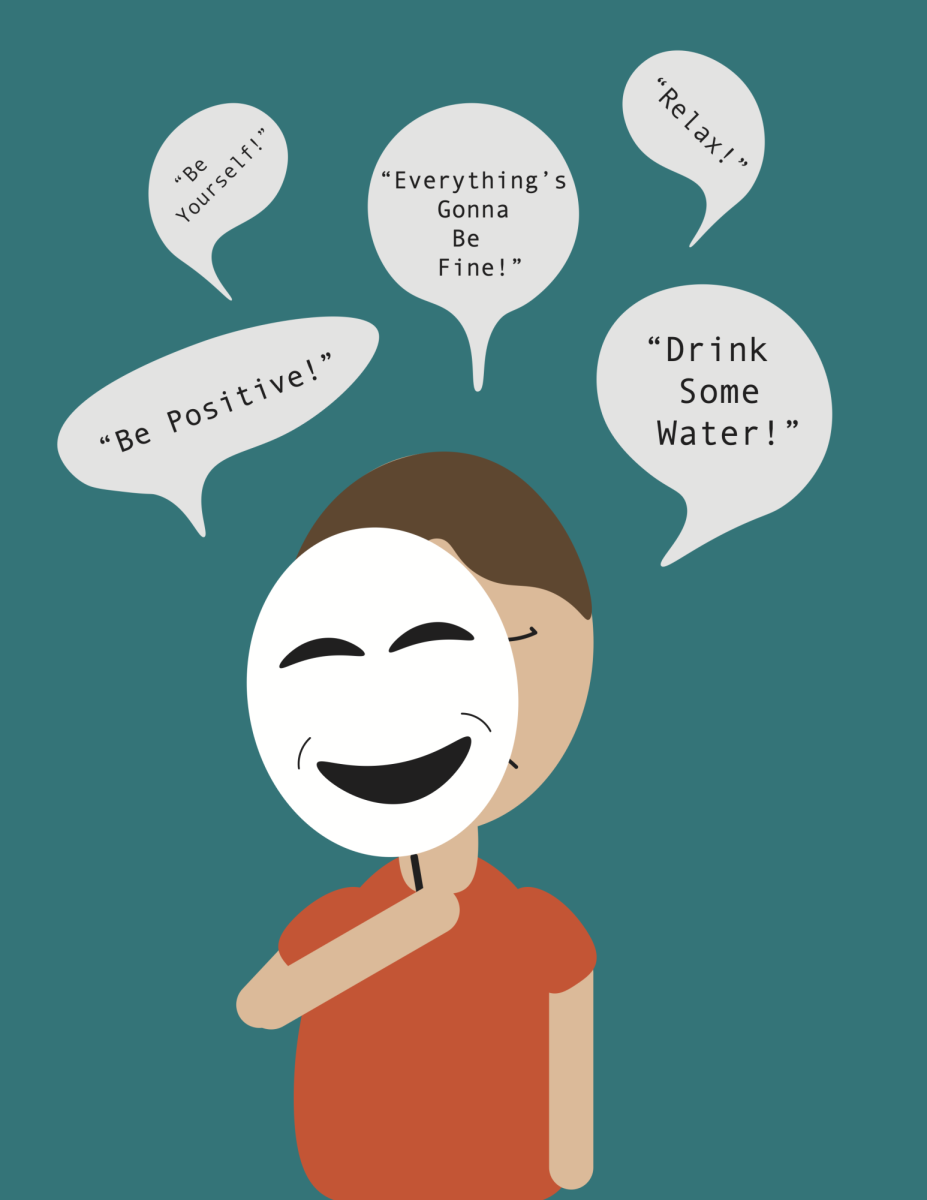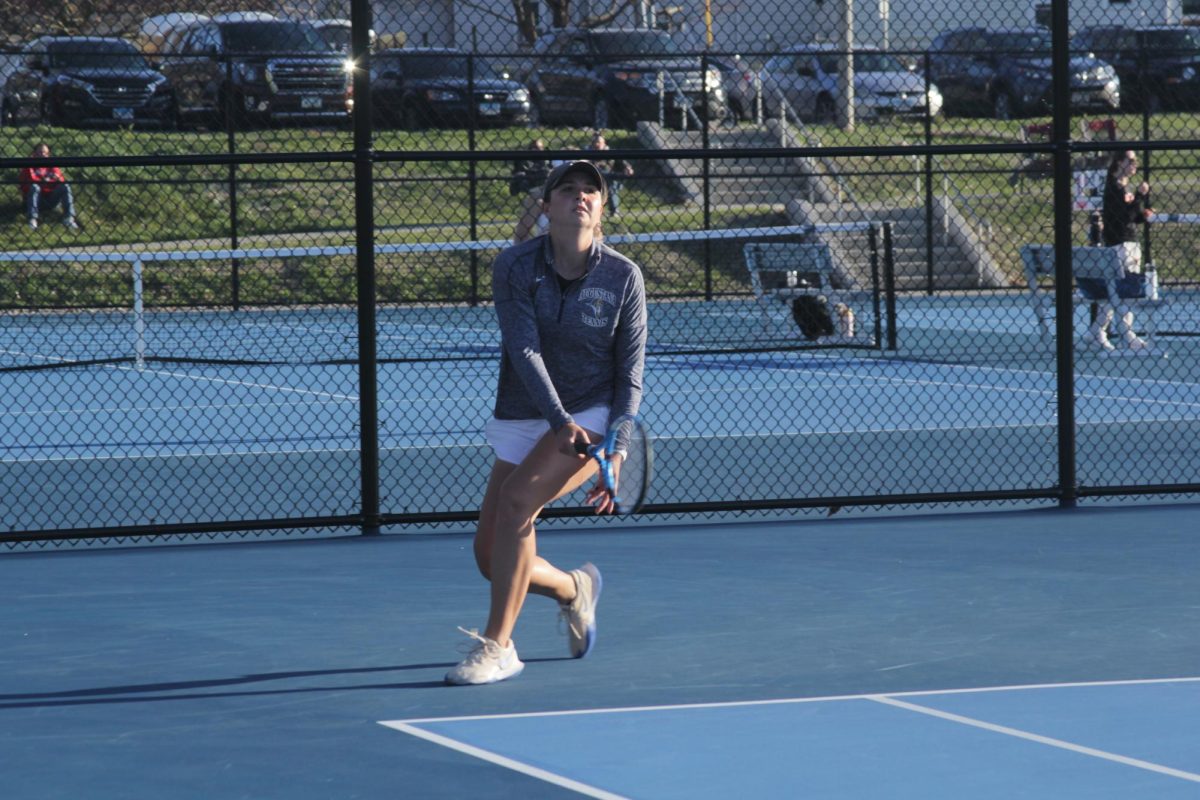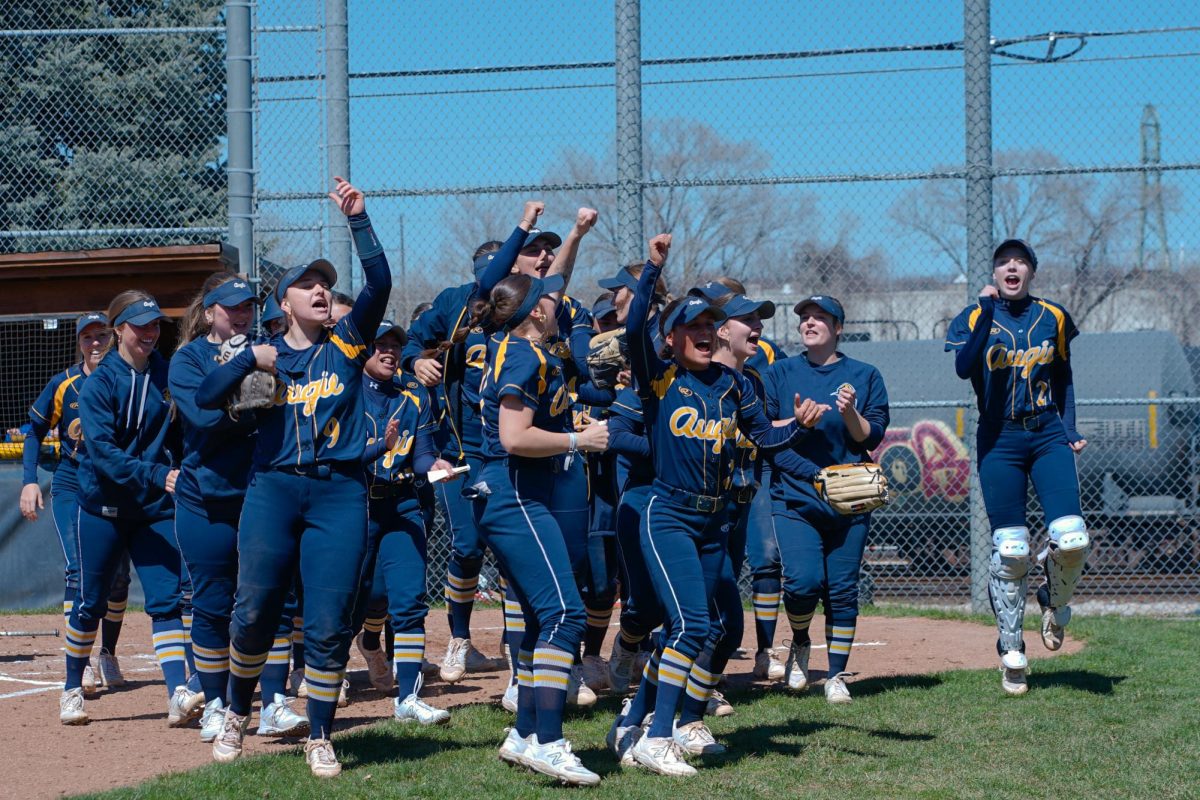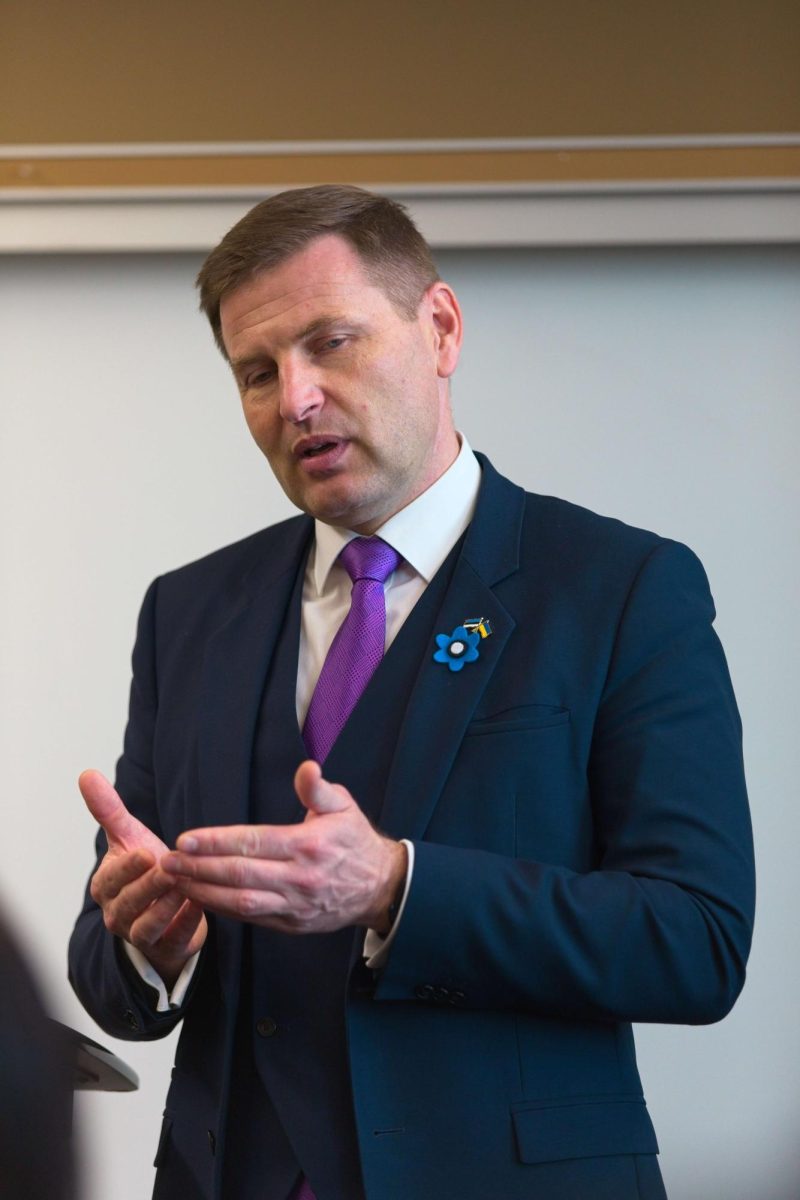The Office for Diversity, Equity and Inclusion has been hosting racial healing circles, which are conversations that students, faculty and staff take part in to share their experiences about common identity.
So far there have been four circles for students and four for faculty and staff. Jack Cullen, 2013 alumni and Michael Rogers, 2012 alumni, will be leading the racial healing circles among alumni.Bettinna Diaz Guerrero, executive assistant for the office of diversity, equity and inclusion and who assisted in organizing the circles, said in an email to the Observer that race, though the most visible identity, is the most difficult to discuss, and these racial healing circles are to help bring people together.
“At Augustana, the aim of racial healing circles is to facilitate trust and build authentic relationships that bridge divides created by real and perceived differences,” Guerrero said in an email.
Dr. Monica Smith, vice president for diversity, equity and inclusion, has led the way in the creation of these racial healing circles with Jason Mahn, Sharon Varallo, Cullen and Rogers. Jason Mahn is a professor of religion and the director of the presidential center for faith, and Sharon Varallo is a professor of communication studies.
Mahn said that the idea began when Smith invited Varallo and him to a conference on racial healing at Villanova University two months ago.
“Augustana was awarded a spot at this conference; it was a pretty prestigious invitation to go. We were invited to go to partake in these healing circles and to learn how to lead others in that work,” Mahn said.
The first test run of the racial healing circles was on Martin Luther King Jr. Day, where a panel, including Rogers, spoke about the recent events over the summer of 2020.
Senior Jordan Cray attended the first half of this event. As a senior and also a person of color, she felt pretty informed about these topics.
“[This] is something that I have kind of done throughout my entire time at Augustana, so I thought it was just going to be like a circle where everyone kind of discusses everything,” Cray said. “But it wasn’t what I expected because it was more of a webinar-type of thing, so we didn’t really get to the students [and] the viewers didn’t really get to interact with like the speakers.”
A goal of these circles, Mahn said, was not only to make an impact because of these healing circles, but to create an environment where it is safe to discuss topics like these.
“What we’re hoping is that this is an honest, vulnerable space where people can be themselves and to grow so that they have the power to bring…more widespread change…[to] healing on a more community-wide or even national level. But, I do think it starts interpersonally,” Mahn said.
Cray stated the importance and her observation of these events.
“I think these events kind of provide the different perspectives that, while we might have not agreed to the same message, there’s different reasons, there are different experiences within it. Like there’s variants in cultural diversity within experiences,” Cray said
Sophomore Gwen Flannery was offered through the admissions office to be a part of a racial discussion and leadership training during the J-term break. Flannery, who is a white woman, emphasized how important it is to partake in conversations like these are because it’s not a topic she has to think about as often.
“I feel like this is going to be a very white thing to say, but I did not have to think about [topics on race] until I got to college, or even just in my later years of high school. So I feel like if I was offered this [opportunity] during my high school or middle school years, I may not have taken it up because I might not have seen it as much of an important issue as it really is,” Flannery said.
Flannery also said how difficult it is to talk during events like these.
“It felt very stressful for me because I wanted to say the right thing and I wanted to be involved in the discussion, but I also felt that I didn’t want to take over the space that was meant for racial healing… I wanted to use that time to listen and think,” Flannery said.
Even though a space is being provided for people to be exposed to different experiences, the difficulty may lie in seeing attendance in people who don’t necessarily need racial healing.
“I hope that in the future we find ways to also include people who are maybe resistant to this kind of work, or at least more apprehensive of this kind of work. Maybe folks who believe that racism isn’t a problem or isn’t nearly as widespread as others in these circles believe it is,” Mahn said.
Abbey Mondi • April 24, 2024
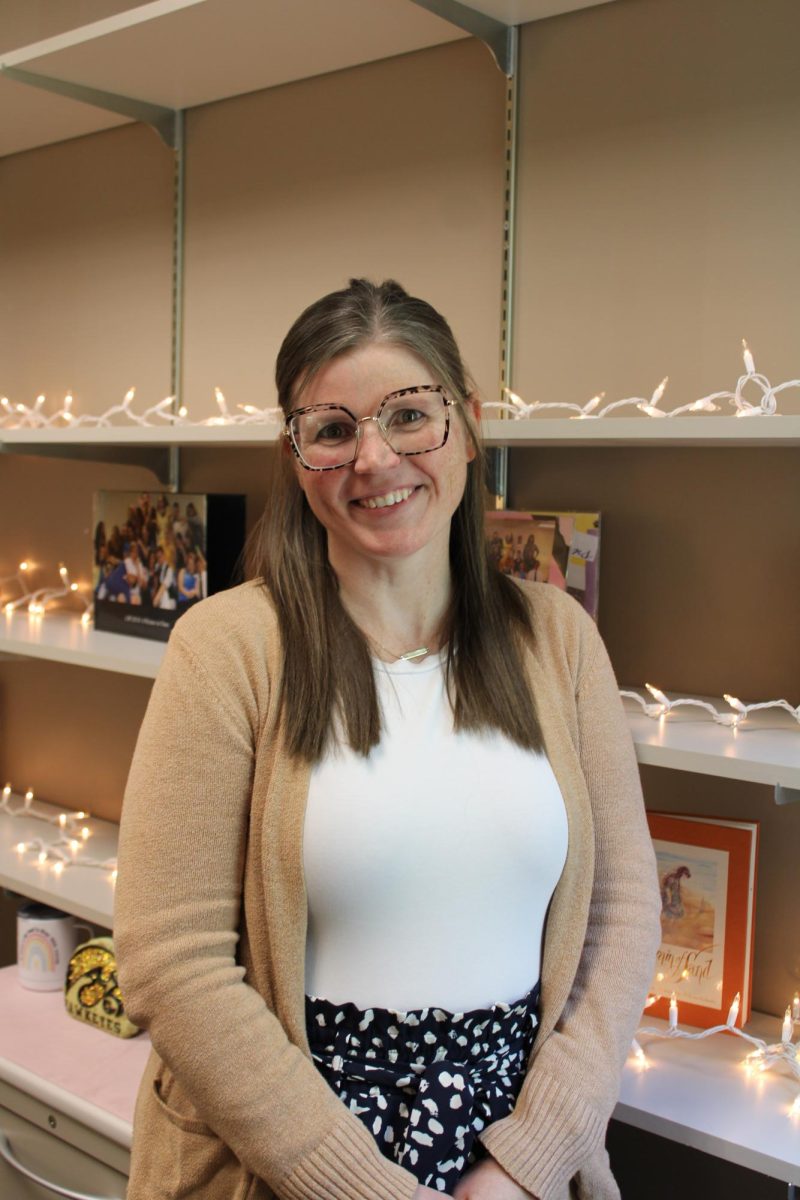
Jack Brandt • April 24, 2024
April 24, 2024
Maranda Bargren • April 24, 2024
Augustana hosts racial healing circles
April 16, 2021
Leave a Comment
More to Discover
